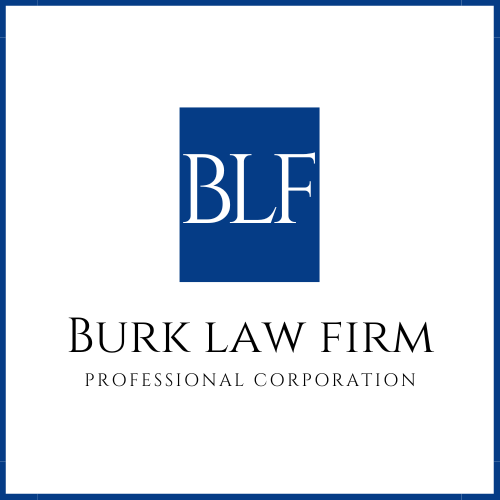
How to Minimize the Risk of an IRS Audit
Smart Filing Strategies Backed by Official IRS Guidance
For most taxpayers, an audit sounds like the financial equivalent of a root canal—but the truth is, IRS audits are relatively rare. Still, certain red flags can increase your chances of being selected. By staying informed and documenting everything correctly, you can minimize your audit risk—and protect your peace of mind.
Below, we outline key steps you can take to lower your chances of being audited, with helpful links to official IRS resources to back up your strategy.
1. Report All Income—No Exceptions
Every W-2, 1099, or brokerage statement you receive is also sent to the IRS. If the income you report doesn’t match IRS records, their systems will flag your return automatically.
🔗 IRS: Types of Income
🔗 IRS: Reporting Miscellaneous Income (Form 1099-NEC and 1099-MISC)
Tip: Double-check that all income sources—even small side gigs or freelance work—are accounted for.
2. Avoid Math Errors and Typos
Basic mistakes like math errors or incorrect Social Security numbers are still among the top causes of tax return issues. While these don’t always lead to audits, repeated mistakes may flag your account for further review.
🔗 IRS: Common Tax Return Mistakes
Tip: File electronically when possible—e-filing significantly reduces the risk of errors.
3. Be Cautious With Large Deductions
Large deductions that seem disproportionate to your income can raise red flags. The IRS knows the average deduction by income bracket, and outliers may be scrutinized.
🔗 IRS: Credits and Deductions for Individuals
Examples:
Home office deduction? Must meet exclusive and regular use tests.
Charitable donations? Must be properly documented and valued.
4. Know the Difference Between a Business and a Hobby
If you consistently report losses from a side activity (e.g., photography, trading, etc.), the IRS may classify it as a hobby, which limits your deduction options.
🔗 IRS: Hobby or Business?
Tip: You must prove a profit motive through recordkeeping, advertising, and other business behaviors.
5. Disclose Cryptocurrency Transactions Honestly
The IRS now asks all filers if they received, sold, or used cryptocurrency during the tax year. Omitting this can be a major red flag, especially as enforcement increases.
🔗 IRS: Digital Assets and Taxes
Tip: Keep detailed records of every crypto transaction, including conversions, trades, and purchases.
6. Don’t Overreach on Self-Employment Claims (Schedule C)
Schedule C filers face elevated audit risk due to frequent misuse or overstatement of expenses. The IRS has specific guidelines around travel, meals, and vehicle use.
🔗 IRS: Self-Employed Individuals Tax Center
🔗 IRS: Schedule C (Form 1040)
Tip: Track expenses meticulously and keep receipts for every deduction.
7. Only Amend When Necessary
Filing an amended return (Form 1040-X) is sometimes unavoidable—but repeated or poorly explained amendments may attract attention.
🔗 IRS: About Form 1040-X
Tip: Provide clear, concise explanations for any corrections and attach supporting documentation.
8. Consider a Tax Professional for Complex Returns
Business owners, landlords, high earners, and those with foreign or investment income can benefit greatly from professional help. A licensed CPA or enrolled agent can structure your return properly, reduce audit risk, and keep you compliant.
IRS: Choose a Tax Professional
Tip: Choose someone who asks detailed questions—not someone offering “big refunds fast.”
Final Thought: Compliance Over Caution
Minimizing your audit risk isn’t about being scared—it’s about being smart. File on time. Be accurate. Document everything. When you file confidently and with the proper documentation, you don’t have to fear the IRS—you’ll be ready if they ever come calling.
Need help navigating your tax situation? Consider speaking with a qualified tax advisor or CPA to help reduce your audit risk and optimize your filing strategy.

